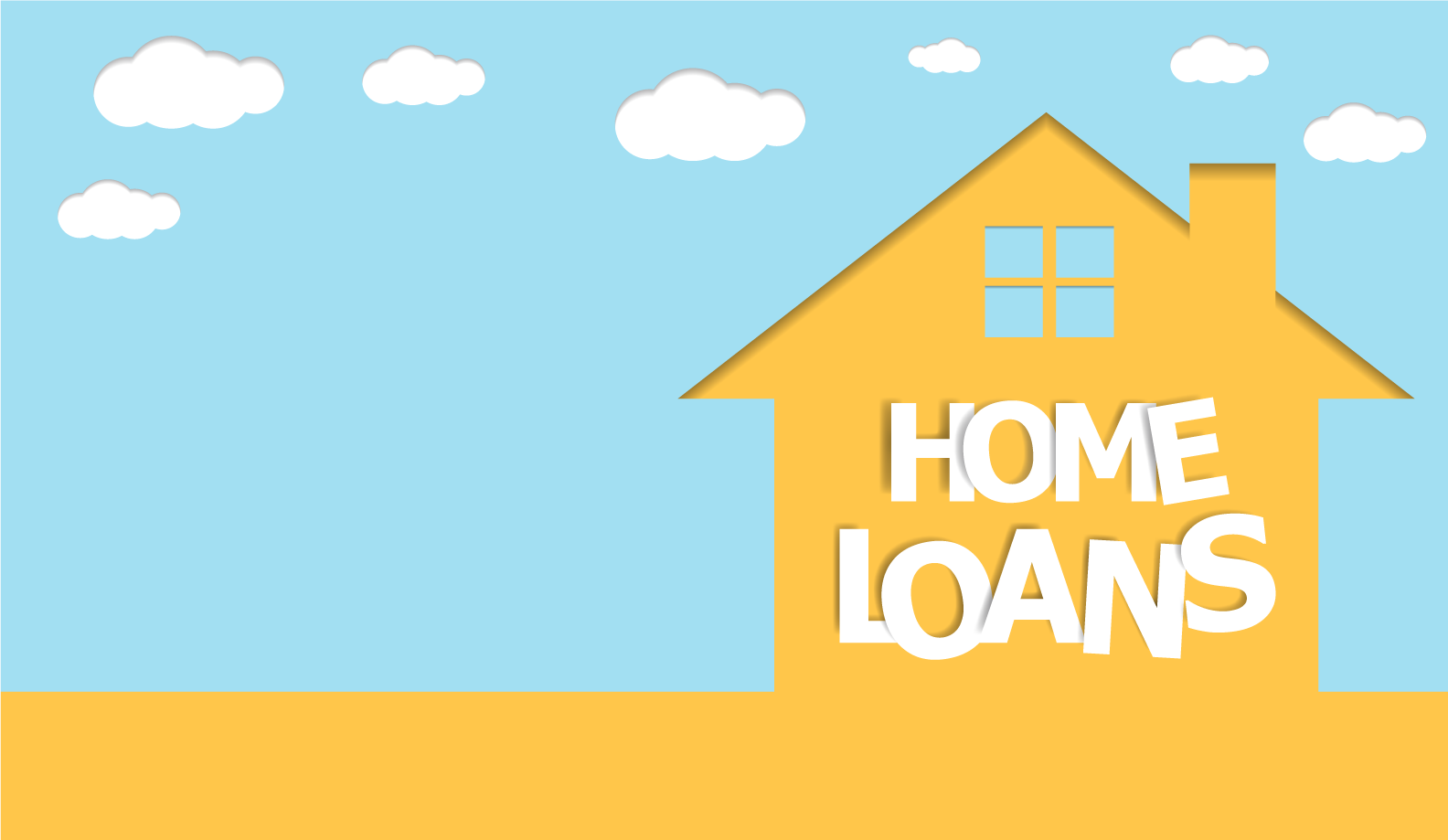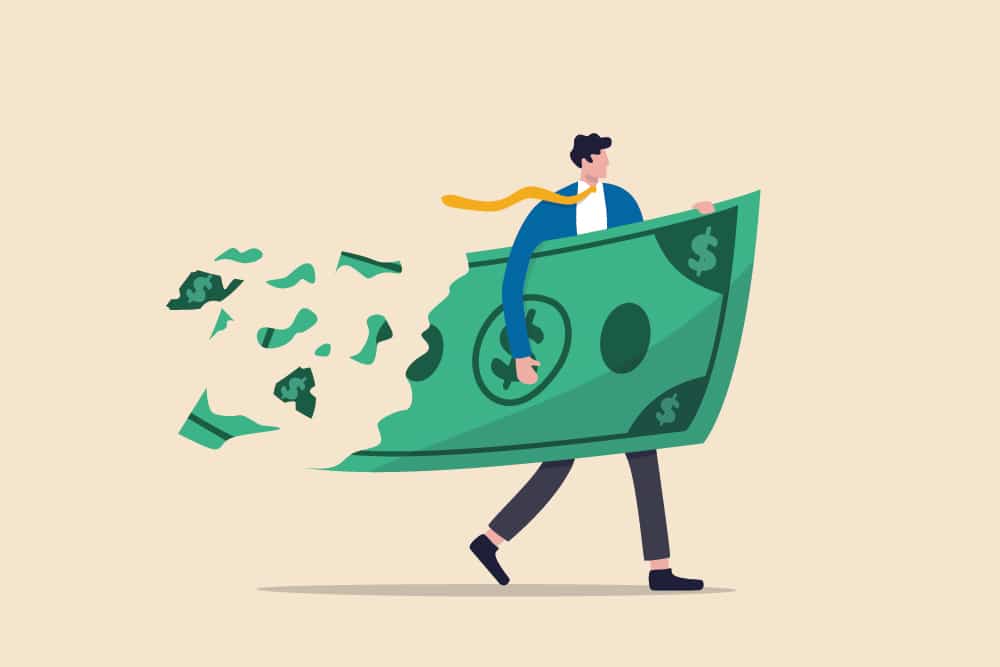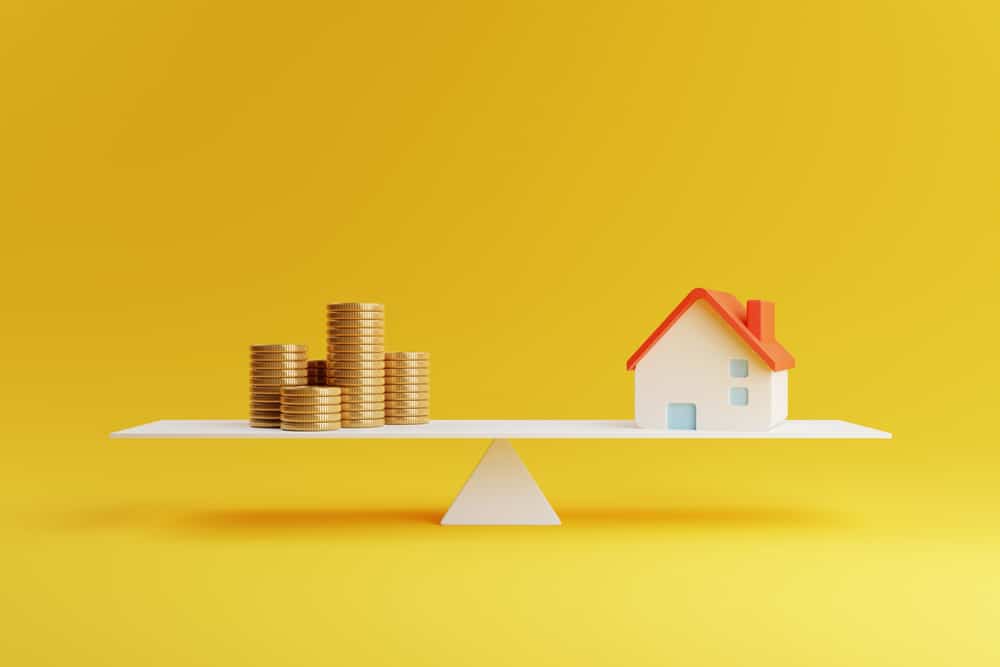The Best Home Loan for Property Investors

Deciding on the right loan structure as a property investor, is a little bit like choosing the right outfit on a first date. It depends on what stage of life you’re at!
If you’re new to the game, something a little daring might work best. Later on, you might want to play it safe.
It’s the same for property investment and the stage you’re at reflecting how risky or safe your loan structure needs to be.
Here we weigh up the pros and cons of principle and interest loans vs interest only loans for property investors.
UNDERSTANDING DIFFERENT TYPES OF DEBT
Any type of loan is a type of debt. Debt can make people nervous. If you want to be successful as a property investor it’s important you know the difference between good or rich debt, and bad or poor debt.
Poor or bad debt, is just that – BAD!
Bad debt is borrowing money from a lender to buy something that immediately loses value and has no prospect of earning you an income.
Bad debt is spent on things like new cars, jet skis, motorbikes, furniture. Expensive to buy, these items lose value as soon as you make the purchase. They never resell for more, or even the same, as what you paid, and it’s impossible to generate an income you can live on from them.
Rich debt is using other people’s money (usually the bank’s) to buy an asset. An asset puts money in your pocket. An investment property puts money in your pocket via rent. As an asset, an investment property has an added bonus in that it also benefits you with some tax effectiveness and efficiency that can also put money in your pocket. A jet ski doesn’t do that!
As a property investor you need to get comfortable with debt. There is nothing wrong with debt as long as it’s rich debt and not poor debt. You just need to know the difference.
WHEN INTEREST-ONLY LOANS ARE THE RIGHT CHOICE
During the acquisition phase of your property investor journey, your primary aim is to purchase the right properties, not to pay down your debt. Embracing debt can take a while to get used to, but you need to think about the long game and what you’re trying to achieve, i.e. many properties, all creating wealth.
If you can get an interest-only loan in your acquisition phase, this is 100% what you should do. Why?
Because interest-only loans give you flexibility with cash and that flexibility allow you to move on to the next property faster. Having access to spare cash is vital in your acquisition phase, which can last for years. If you’re paying every last cent you have to pay down your principle, where is the next deposit amount going to come from when you want to buy a second, third or fourth investment property?
If your comfort-zone demands some visible debt reduction – or at least the potential of it – instead of a principle and interest loan, opt for an offset account.
The advantage of an off-set account is that you can put any extra money into that offset and make extra payments if and when you want, but you retain access to that cash.
If you opt for a principle and interest loan and you suddenly need money, you have to apply to the bank to redraw that money – and there’s no guarantee they’ll say yes. An off-set account gives you the comfort of seeing some “savings” without losing control of the money.
WHEN A PRINCIPLE AND INTEREST LOAN MAKE SENSE
When you move from your acquisition phase, into your holding phase, and finally into your consolidation phase of property investment, it might be time to change your loan structure.
Unless you have a significant income, it’s hard to pay off debt while borrowing money to buy three or five investment properties. But once you’re happy with your portfolio, a principle and interest loan can help you start to pay down your debt, while still reaping the rewards from your investment incomes.
No matter what style of loan you choose, the most important thing is that you are able to service that loan while achieving your goals.
LOAN STRATEGY IS FUNDAMENTAL
Having a long-term plan around your loan strategy will be important to your overall success as an investor.
Let the experts at Positive Real Estate teach you about how to calculate your loan repayments while you’re still investing at one of our free property investing seminars.
Sign up for one of our information and education events, where you’ll be equipped with the tools, resources and support to thrive, and not fall behind on your path to financial freedom – whatever that may look like for you.
Book your spot now and find out what you need to know about the current market landscape and how you can make it work for the ultimate wealth creation opportunities.
Recent Articles
3 Ways a Property Investor Will LOSE Money!
There are many ways you can win big by investing in real estate. Equally, if you lose sight of the basics, you’ll end up losing something much worse – money! No one sets out on their property journey to go backwards financially, so take note of these three common mistakes that investors often make, because if you don’t, it may cost you in the long run. Here are 3 ways an investor can lose money…
An Investor’s Guide to Multi-Income Properties
When it comes to building a booming property portfolio, diversity is key! There are four primary multi-income types that Australian investors can buy at the moment.
Property Cash Flow Basics For Creating Passive Income
Buying real estate is similar to running a business – good performance is derived from your ability to generate cash flow. For a property investor, this means eventually living off the passive income that your real estate generates. Therefore, it is especially important that you map out your ability to build a portfolio that will deliberately achieve this level of success from the get-go.
How Property Investors Can Reduce Tax Down To Zero!
Those who own real estate are subject to many, different kinds of tax. Some tax is unavoidable. Other kinds of tax are legally, 100% avoidable – or at least able to be reduced substantially. With the Victorian government recently announcing a rise in the land tax threshold it’s even more important that property investors know where they can and should minimise the tax they pay.
A Property Investor’s Guide To Depreciation
Every smart property investor knows that to create and maintain a portfolio, we need to have good cash flow. One of the ways we can support this is by using depreciation and tax. But, just like equity, depreciation only works for us if we know how to access and then leverage it.
A Property Investors Guide To Guaranteed Rental Increases
Rent is your weekly or monthly incomes from your property. And it’s an income you don’t work for. It’s the absolute key to good cash flow and passive income, so it’s essential you are able to keep raising your rents at regular intervals. But, what makes it possible for property investors to do this?
The Only Time You Should Sell An Investment Property
The golden rule of property investing is to buy well and NEVER SELL. However, there are always exceptions to the rule… Firstly, let’s look at why you would keep an investment property? If you buy a great piece of real estate, in the right location, it will always create a passive income for you, so there will be no reason to sell it.
House vs Apartment – Which Is Better for Capital Growth?
Many property investors favour one type of property – either apartments or houses. While there are pros and cons to both, which we will discuss here, one of the often forgotten advantages of houses is the investment you’re making not only in the bricks, but also in the land. Land value in itself increases over time, and investment in a piece of land also provides opportunity to renovate, subdivide and develop, all of which lead to greater capital growth.
Use Equity To Create Cashflow in 4 Simple Steps!
Equity is an interesting topic when it comes to real estate. Smart property investors know that equity can play a key part in creating passive income that accumulates over time, allowing us to eventually work less and ultimately do more of what we love. But in order to be able to use equity to create passive income, there are some important steps property investors need to take right at the beginning of their journey.












